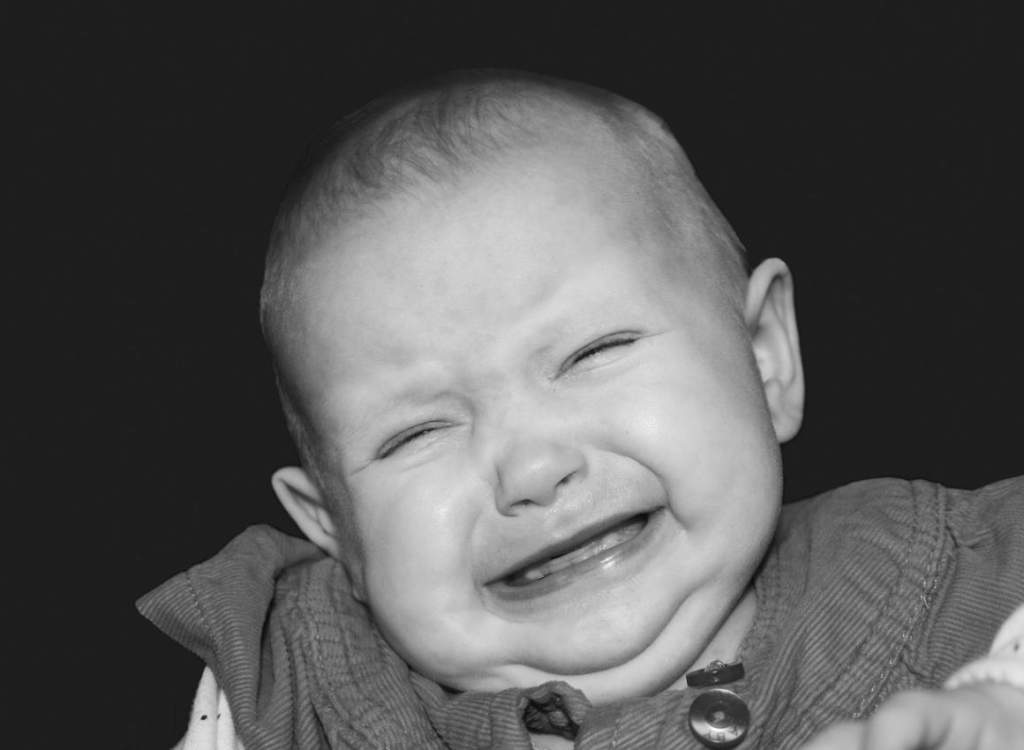What happens when you bite your nails too much? Nail biting not only leaves you with unpleasant-looking nails, but it can also lead to health problems like infections. Although some of the issues that arise from nail biting are less serious than others, they might cause damage to your nails, no matter how hard you try to avoid them.
The most common type of infection associated with nail biting is paronychia. Bacteria frequently create this specific type of skin infection or inflammation when you bite your nail at the cuticle, creating a tiny tear in your skin. Paronychia can result from other types of trauma to the nail bed as well, such as repeatedly wearing fake acrylic nails.
People who bite their nails are also more likely to get an infection called whitlow. The symptoms of this infection include swollen, red fingers and toes that are tender to the touch, as well as fluid-filled blisters around the nails and near the cuticles. This type of nail-biting infection is caused by a specific type of staph bacteria, which is often contracted by contact with another person who has a staphylococcal infection.
Another nail-biting health issue that can result from this bad habit is onychodystrophy, which causes changes in the appearance of your nails. This particular nail-biting health problem has two forms: Beau’s lines and yellow staining.
If you repeatedly bite your nails at the same spot, your nails may stop growing in that particular area. These are called “Beau’s lines,” which are ridges or indentations that appear across the nail bed after you stop growing new nails in that area. The second type of onychodystrophy, yellow staining, occurs when newer nails grow over older ones, causing yellow spots to appear on your nail.
Nail-biting can also be bad for your teeth, causing you to chip or damage them over time, according to this professional dentist in Pasadena. This is because the habit of nail-biting involves pulling on your nails with a considerable amount of force, thereby exerting pressure on your teeth as well. If this stress isn’t alleviated elsewhere—by wearing dentures or braces, for example—it can lead to problems with your teeth over time.
The good news is that there are a number of things you can do to stop nail biting if you don’t like the way it looks or feels, as well as the health risks involved. The first thing you should try is keeping your nails at a healthy length so they don’t hang past your fingertips.
Often, people like to bite their nails because they’re bored or anxious, so you can practice ways of managing your stress and anxiety in times when nail-biting is likely to happen. Stress management techniques such as deep breathing, yoga, and meditation can help reduce tension when it’s overwhelming you. You might also find that playing a musical instrument, knitting, or doing a crossword will help to take your mind off nail-biting when you feel the urge.
If all else fails, there are a number of tools available that might do the trick when it comes to breaking this habit. For example, some people find that wearing gloves to bed at night can help reduce their nail biting in the long run. Others have found that filing their nails to a point or covering them with bitter-tasting nail polish can provide a deterrent to keep the habit from happening.
Nail-biting is not only a bad habit, but it’s also associated with a number of different health issues as well. Although you might feel discouraged at first, there are a number of ways to stop.
Nail-biting should not be a permanent habit you learn as a child, but a behavior that should end by the time you’re an adolescent. It is mistaken for a nervous gesture because it may release tension and relieve anxiety when done. However, nail-biting can turn into more than just picking at your nails due to the nature of how it is done. This can lead to serious emotional and physical problems that need to be dealt with in order for you to start living a healthier life.
Prevent nail-biting by using proper nail tools, which includes avoiding your nails being exposed at all times. When they are always exposed or propped up against surfaces, this can lead to them being bitten off. If you are feeling stress, anxiety, boredom, or nervousness, try using relaxation techniques or other coping mechanisms so nail-biting is avoided. Another tip is not to do it when you are concentrating on something important because even the tiniest bit of nail can be removed and cause damage.
Read More: Teeth Gums and Anti-Scorbutic Vitamins







